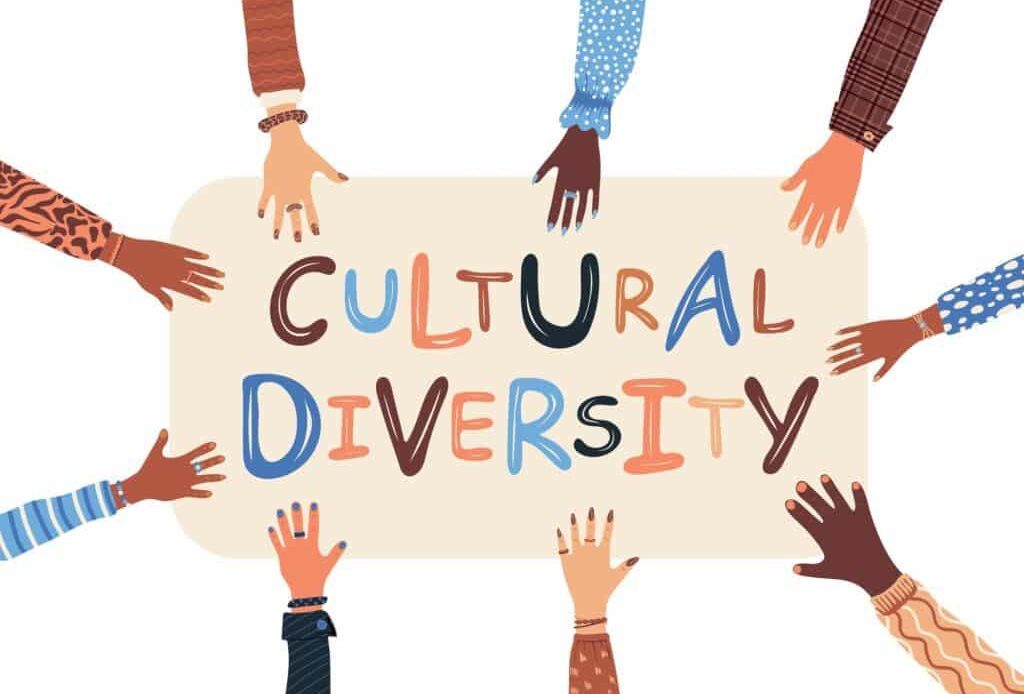This article was published in The Citizen Newspaper – Tanzania on May 20, 2025.
Shimbo Pastory
For most people the most important elements of our cultures are language, rituals, and the material components of culture. We often tend to forget the knowledge wealth of our culture, which though rich, is only accessible by slow and persistent discernment.
We cannot gather all the cultural philosophy into a book. Besides, cultural philosophies tend to not have definitive boundaries as there are shared elements across families of cultures and cultures are in constant growth owing to global interaction.
Our cultures have treasures of wisdom that can inform us of practical life wisdom and skills which we hardly can learn in schools and universities. Thus, as the whole world marks the World Day of Cultural Diversity this week on May 21, it is crucial to ponder about our local dynamics as a nation with a fair wealth of cultural diversity and equally a nation with 77 per cent of her population with age below 35, and about 35 per cent ranging from 15 to 35 (Tanzanian National Bureau of Statistics, Population and Housing Census, 2022).
When we say philosophy, it is important to note that every philosophy is a product of a cultural milieu and lived experience of the people, which indeed related even more closely to the generations of those people.
As African people, to consciously use a broader sense, our philosophy (as a whole/corpus) ought to inform how we live our life. Development cannot skip the beats with the philosophy insofar as we cannot remove ourselves from the cultural reality with which the philosophy that proceeds thereof is inseparable.
While our cultural philosophies are not as systematic as the popular philosophies, especially from the West, ours are in no way inferior. In the context of our life they are superior in the sense that they arise from the a crucial component of our shared life woven for many generations, and as such have a better access of transforming our lives for better.
As Africans, our cultural philosophies can help us, and especially us young people to navigate even the most recent evolvements in the global life trends. For example, with the evolvement of communication technology, the actual capacities of people to socialize naturally and physically are slowly but consistently under attack.
This is because modern technology comes everyday with better enticing tools and platforms to keep its user entertained and satisfied with the socialization availed by the communication devices.
From our cultural philosophies, at least shared across the people of African origin, both those within the continent and those in diaspora, the sense of community is deep and strong; as the Ubuntu philosophy for example says “I am because we are.”
When young people are taught that this is our way of life they grow with a reflection to own this new sense of being as a backdrop and a springboard from which they bounce as well as make sense of their life.
On the other hand, cultural philosophies are important for solidifying a sense of identity. We do not exist as people with no roots. We are not empties to be filled by global thoughts. This is an important message for our young people today.
Teaching the cultural philosophies help young people to wrestle with fundamental questions of their own sense of being, belonging and boundary especially life gets more and more shared beyond physicality.
Building a strong cultural identity revolves around the values attached to these three things: Being, exploring questions like who am I, and why am I…? Belonging, exploring questions like, where do I belong, and why? Who am I/are we connected to? And boundary, establishing capacity to ask questions like, what can I accept and what can I not accept? How far can I go in this or that? How much is enough, and how much is too much? How much is tolerable and how much should be abhorred?
Young people who do not ask these questions are prone to becoming victims of the global manipulation trends as they lack crucial pillars of support as mentioned above.
Other problems of our times revolve around leadership, violence, mental health issues, loneliness, family crises, and many others. I believe returning to the positive philosophies of our cultural roots will be of help.
We must acknowledge that no all ideas are good and workable amongst us, just because they sound intelligent.
We ought to know and also teach our young people that the rest of the world looks at life and its values and dynamics differently, beginning from family, friendship, togetherness, spirituality, etc.
As such not all popular solutions are feasible in our experiences as we cannot remove ourselves completely from our experience, which is more or less our permanent and somewhat defining niche.
Though as Tanzanians for example we do not talk so much about tribes, we should be aware of the loss of the wealth of ideas from the richness hidden in the undocumented tribal schools of thought as generations evolve.
The statistics I mentioned above should raise our eyebrows in this regard. We have less than 30 per cent of the population who are deeply informed about our various tribal ways of life wherein lies hidden the cultural philosophies.
A systematic effort to harness this richness will go a long way to improve lives especially as cultural ideas are appropriated at the encounter with new realities.
Shimbo Pastory is an advocate for positive social transformation and he is a student at the Loyola School of Theology of the Ateneo de Manila University, the Philippines. Website: www.shimbopastory.com
